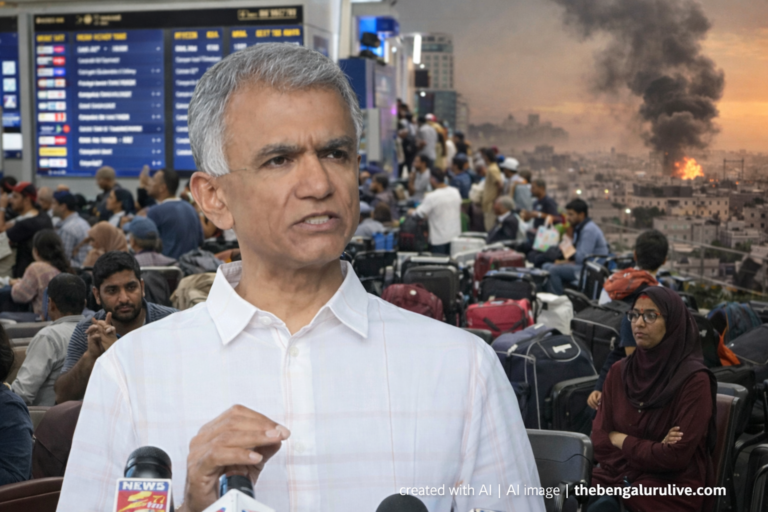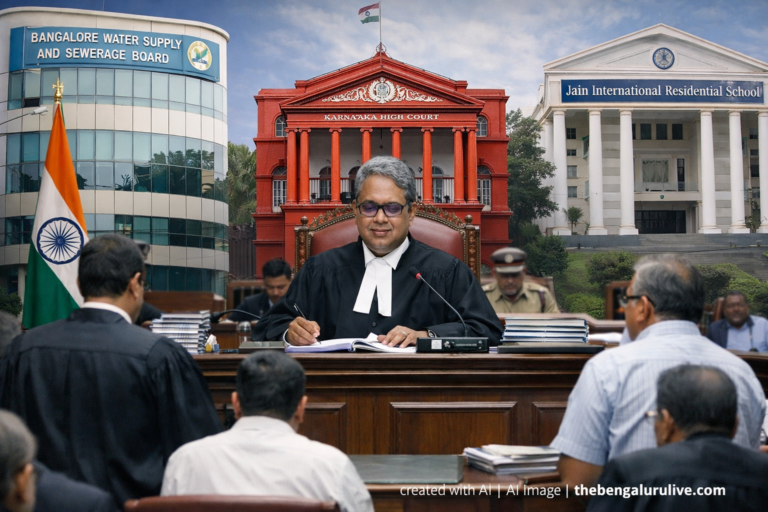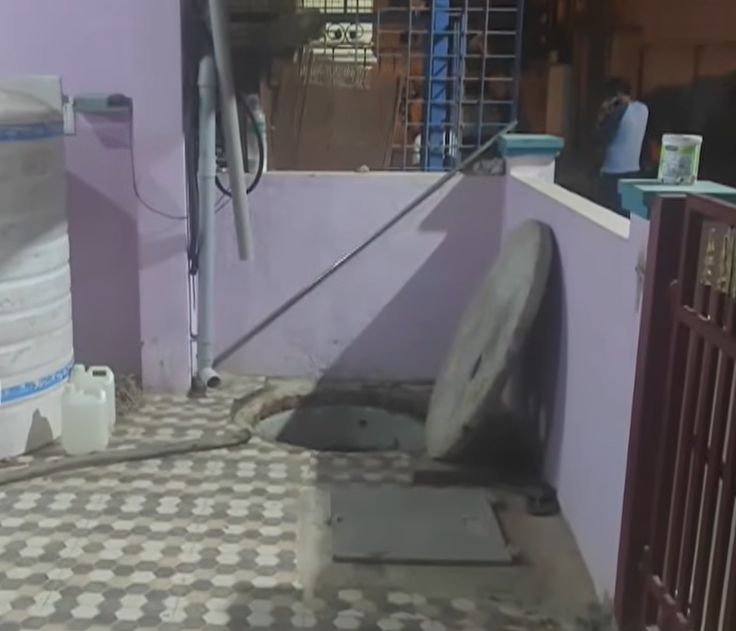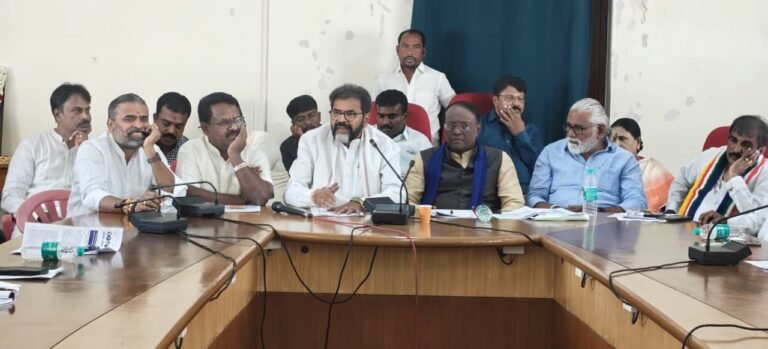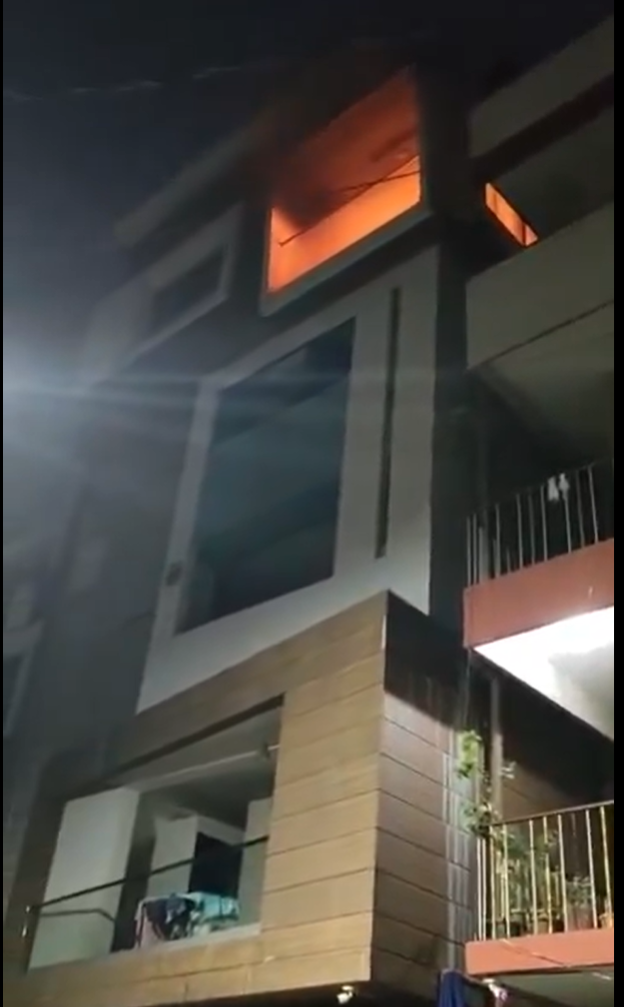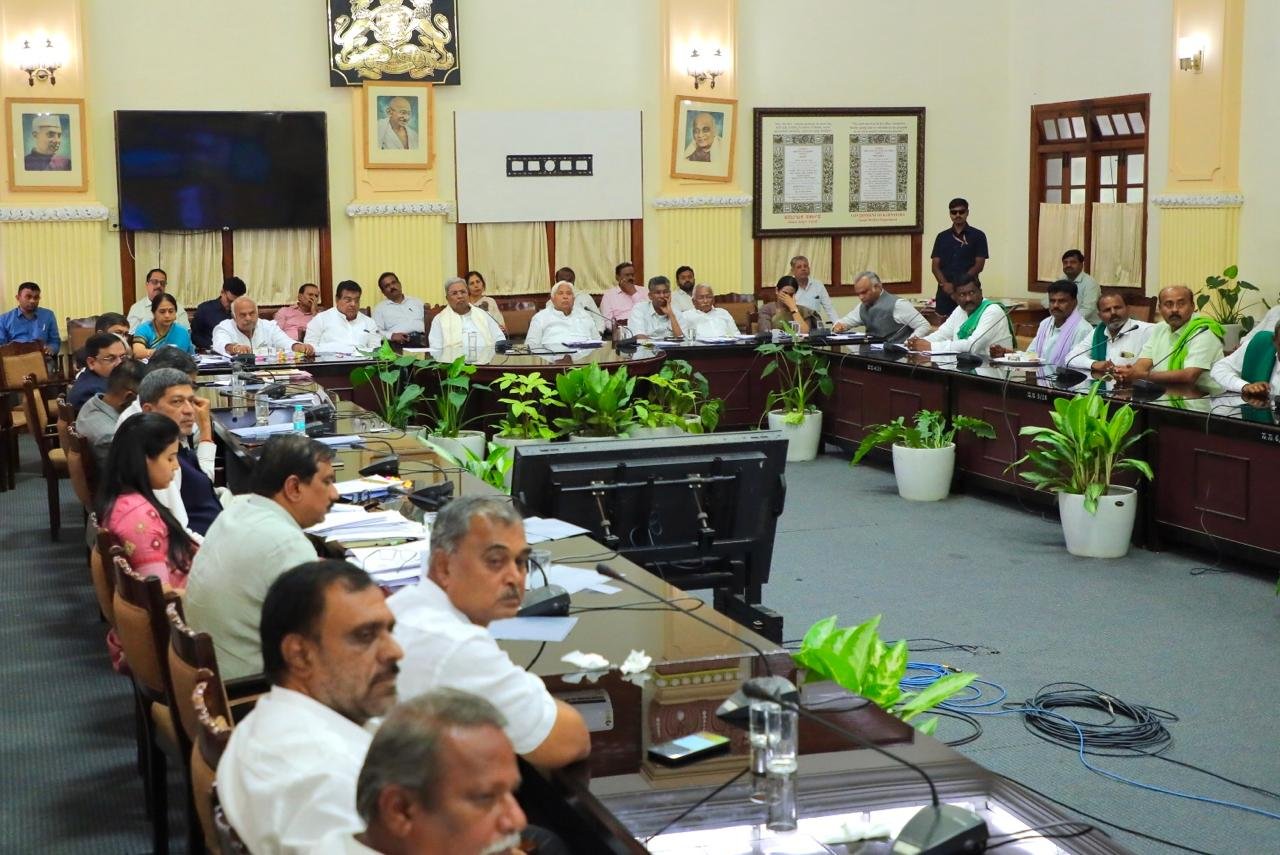
Bengaluru: After seven hours of intense discussions stretching through the day, the Karnataka government on Thursday announced a modest ₹100 increase per tonne for sugarcane, bringing the final price to ₹3,300 per tonne — a decision that has drawn mixed reactions from farmers’ unions across the state.
Chief Minister Siddaramaiah, who chaired the marathon meeting in Belagavi with sugar mill owners, farmer leaders, and senior officials, said the decision reflects the government’s commitment to balancing both the “financial viability of mills and the distress of farmers.”
Under the revised formula, mill owners and the state government will contribute ₹50 each, pushing the rate up from ₹3,200 to ₹3,300 per tonne. The Chief Minister clarified that this price excludes cutting and transport costs, and would vary slightly depending on the recovery rate across districts.
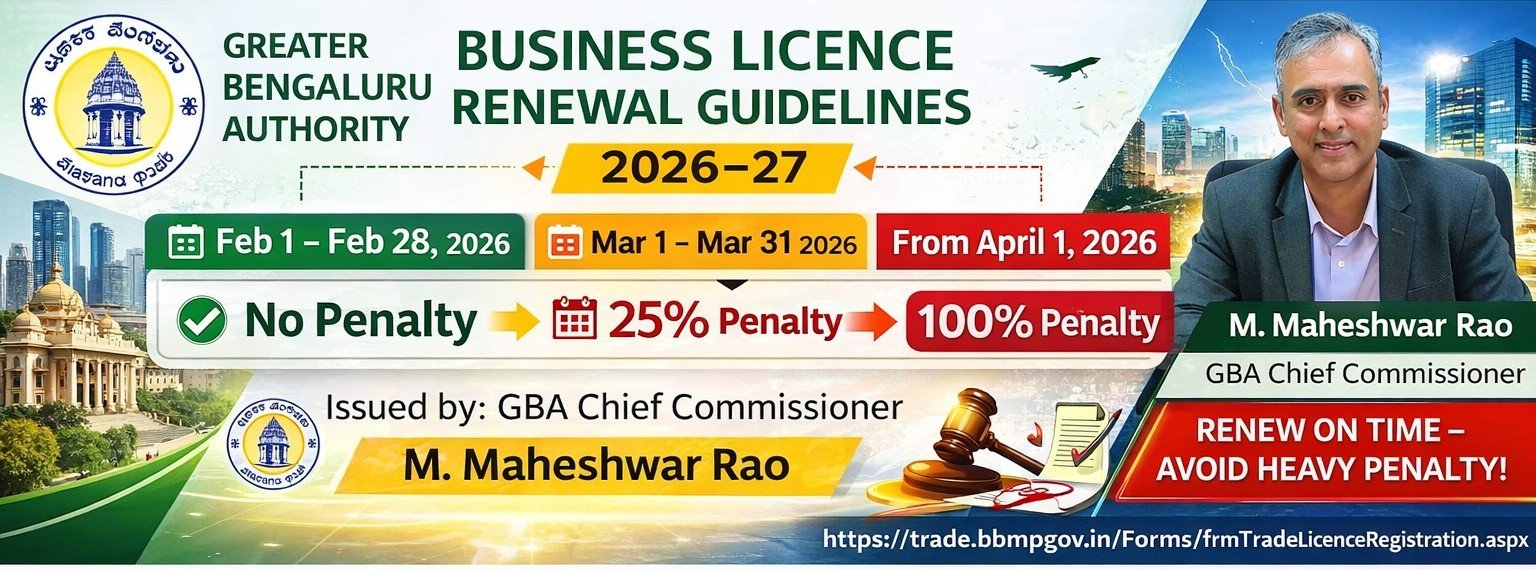
Published In Public Interest by thebengalurulive.com
“We have stood firmly with the farmers and ensured a fair rate under the prevailing conditions,” Siddaramaiah said at a late evening press briefing after the meeting.
Farmers Unimpressed: ‘A Day’s Talks for ₹100?’
The announcement, however, left many farmers disappointed. Leaders of sugarcane growers’ associations, who have been staging protests in Belagavi, Vijayapura, Bagalkot, Haveri, and Kalaburagi, described the hike as “symbolic” and “insufficient to cover input costs.”
“After seven hours of talks and years of struggle, ₹100 per tonne is not justice. It barely covers transport costs, let alone fertilizer and labour expenses,” said one protest leader from Belagavi.
The protesters have been demanding a minimum price of ₹3,500 per tonne, citing the rising cost of cultivation and the central government’s stagnated FRP (Fair and Remunerative Price) of ₹3,550 per tonne for 10.5% recovery — which already includes harvesting and transport costs.
Centre Blamed for Policy Paralysis
Siddaramaiah also took aim at the Union Government, accusing it of “creating a deadlock that hurts both farmers and mill owners.”
“The Centre’s delay in revising sugar prices, restricting ethanol blending, and controlling exports has squeezed everyone in the sector,” he said.
He added that a joint delegation of farmers and mill owners would soon meet Central ministers in Delhi to demand fairer sugar pricing, higher ethanol allocation, and better export policies.
Karnataka, which houses 81 sugar mills — 11 of them cooperative and one state-run — produces nearly six crore metric tonnes of sugar annually, making it India’s second-largest producer after Maharashtra.
The State’s Balancing Act
The Chief Minister noted that while Belagavi district officials had earlier fixed the price at ₹3,200 per tonne for 11.25% recovery, the state government intervened to add ₹100 more, half borne by mills and half by the treasury.
“Almost all mill owners have agreed to this settlement,” Siddaramaiah said, adding that district-wise rates will be revised proportionally based on recovery levels.
He assured that a separate follow-up meeting would be held soon to address mill owners’ operational challenges and ensure that payments to farmers are made promptly.
Delegation to Delhi Soon
A multi-party delegation — including representatives of both farmers’ unions and sugar mill associations — will visit Delhi to urge the Union Government to:
- Raise the Minimum Support Price (MSP) for sugar,
- Increase ethanol blending allocation, and
- Relax export restrictions to stabilize the sugar economy.
Farmers Urged to Withdraw Protests
Calling for restraint, Siddaramaiah appealed to protesting farmers to withdraw their agitation.
“We have done what is possible within the state’s financial limits. We urge the farmers to cooperate and ensure that peace and law and order are maintained,” he said.
Despite this appeal, several unions have decided to continue their protest until the Centre responds or the state revises its offer further.

